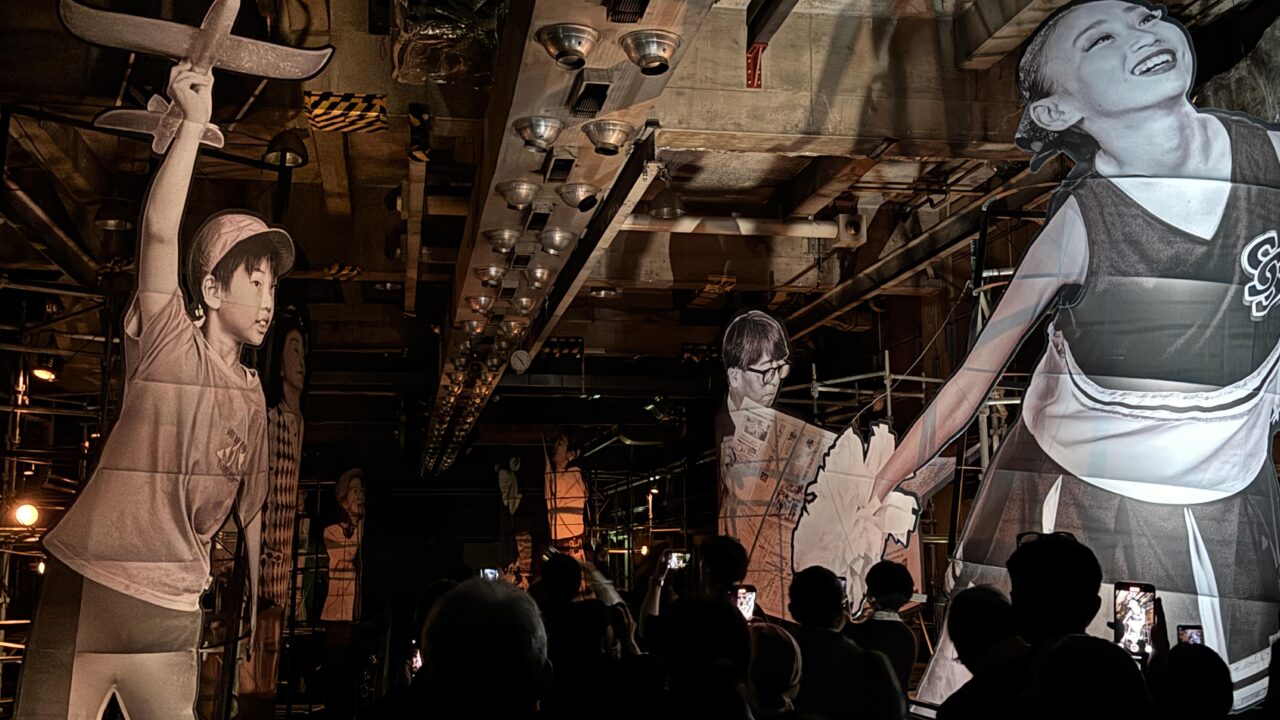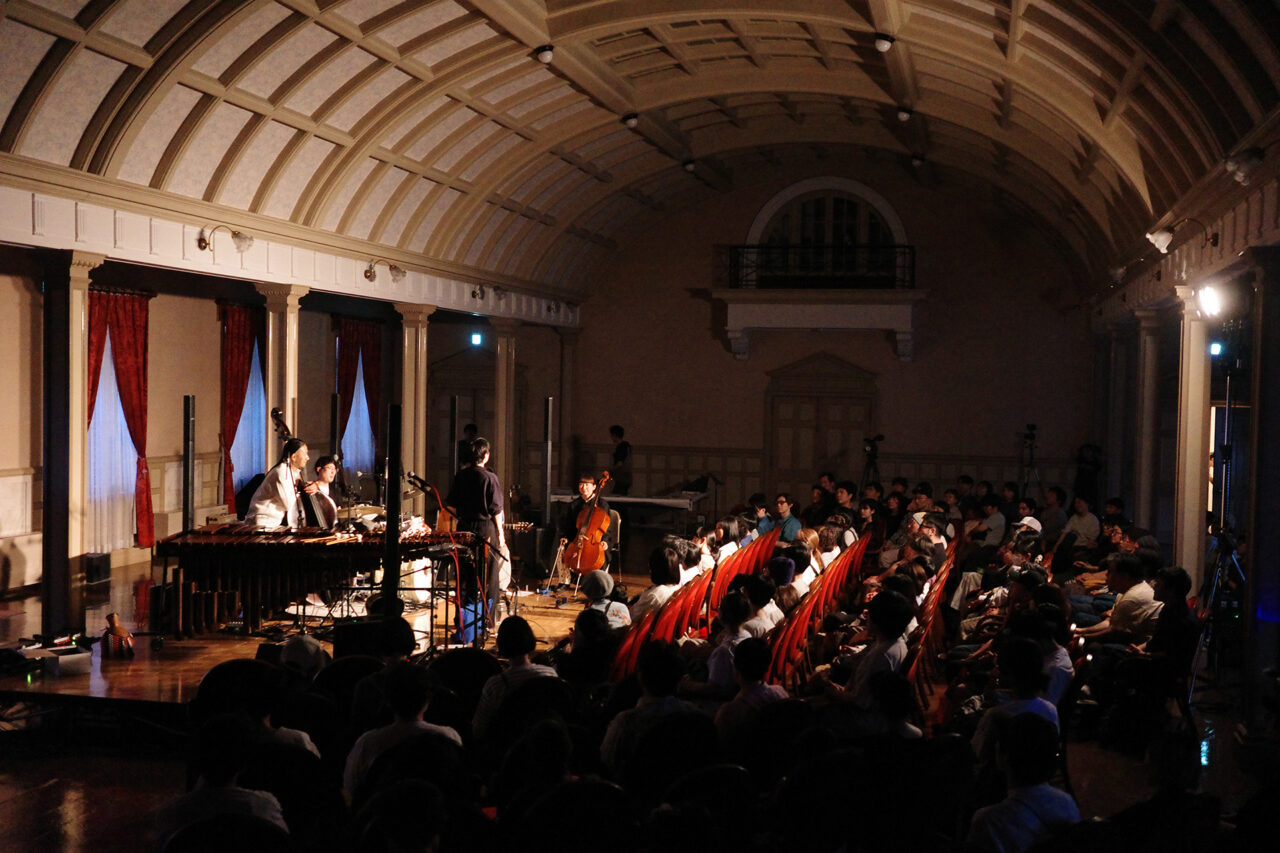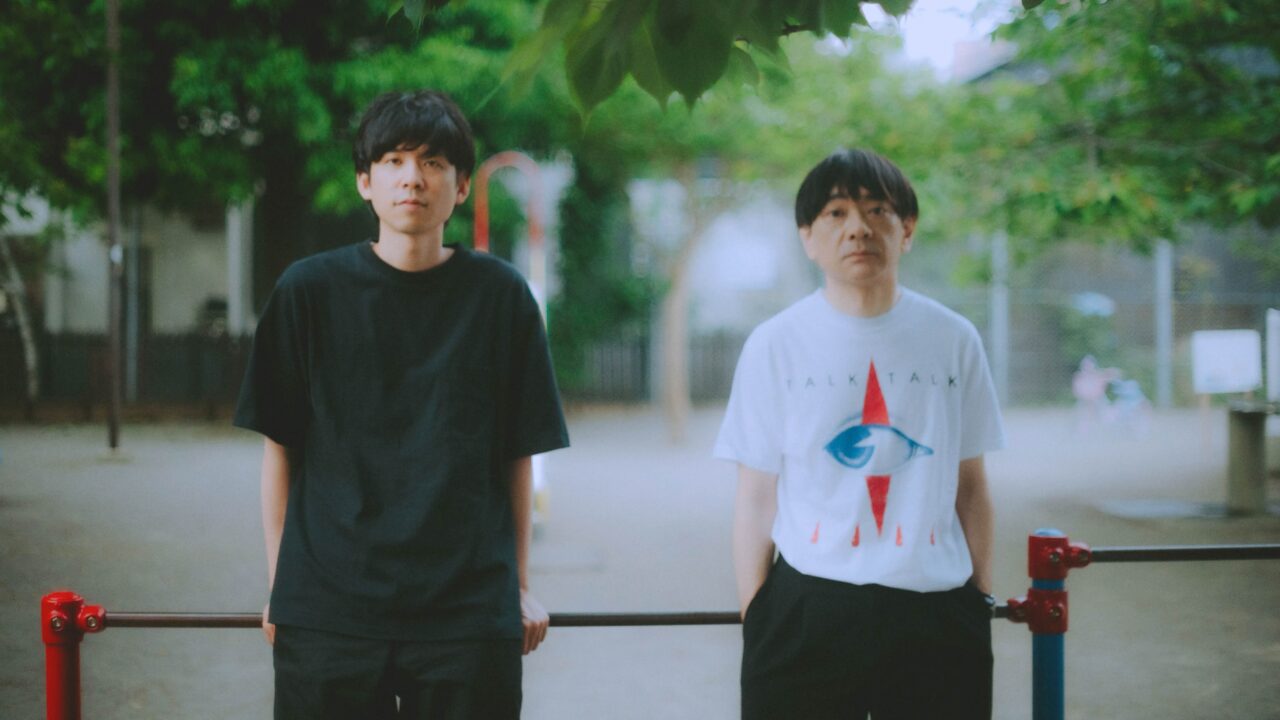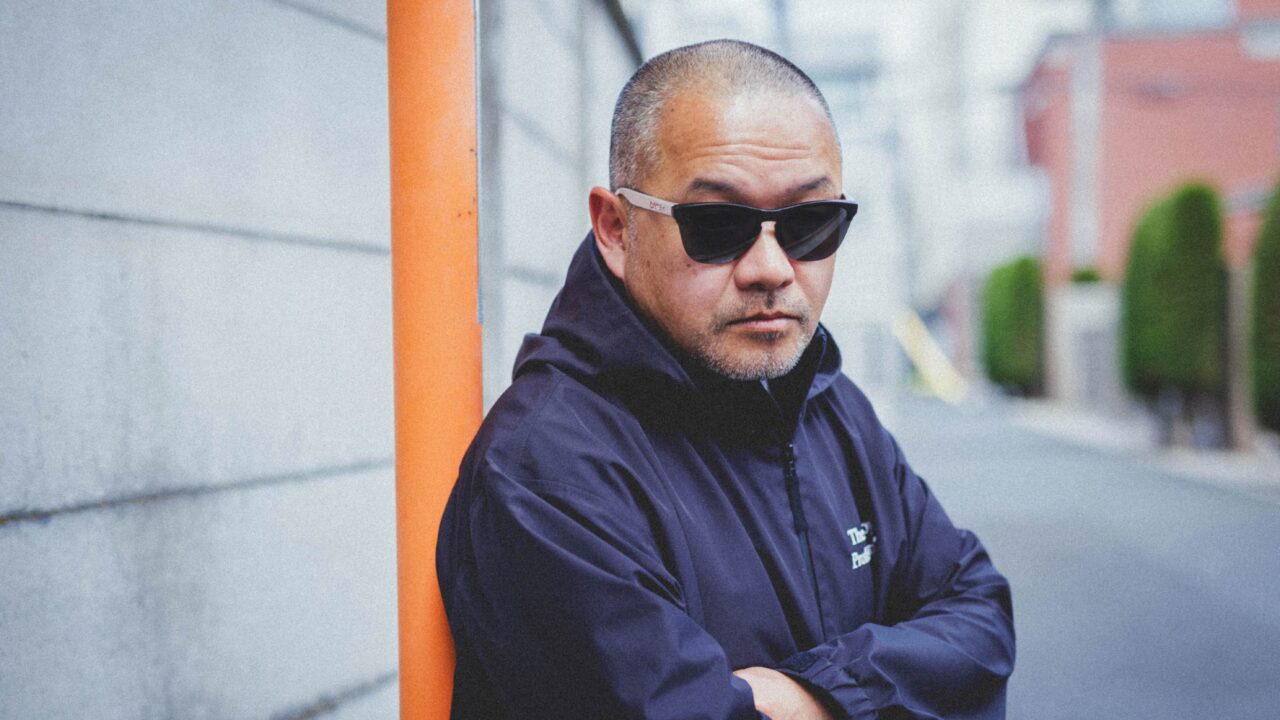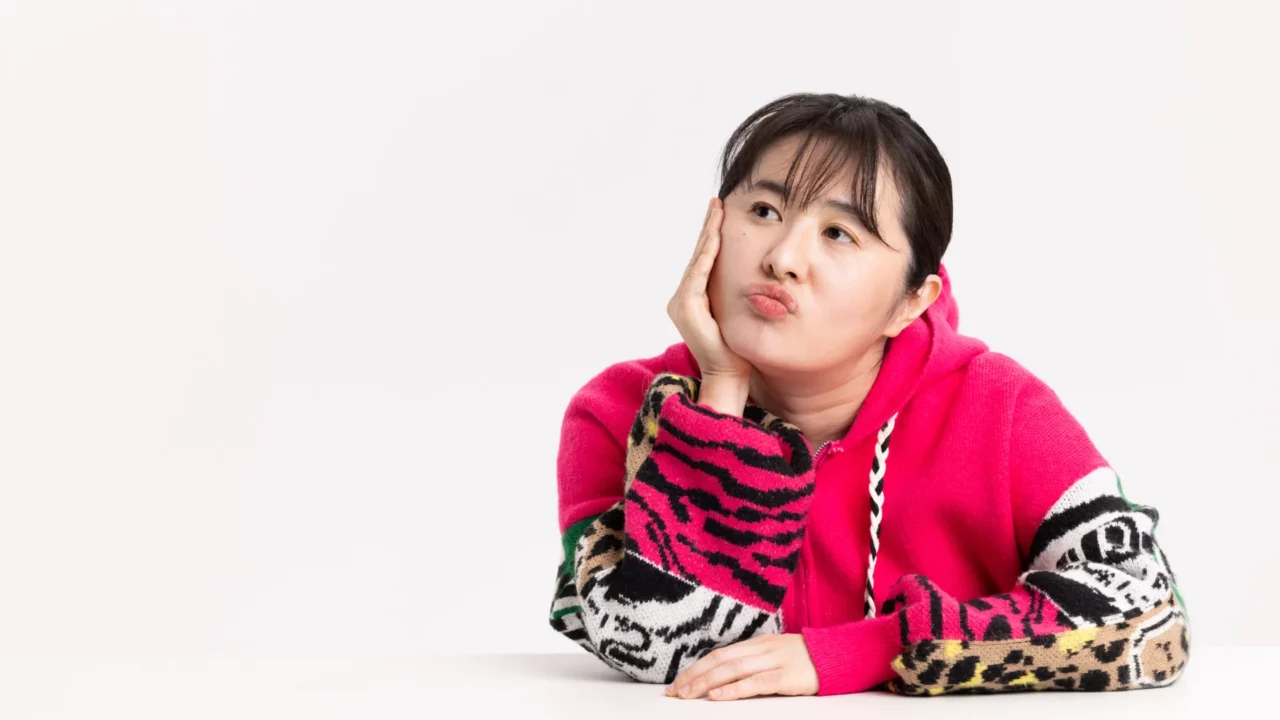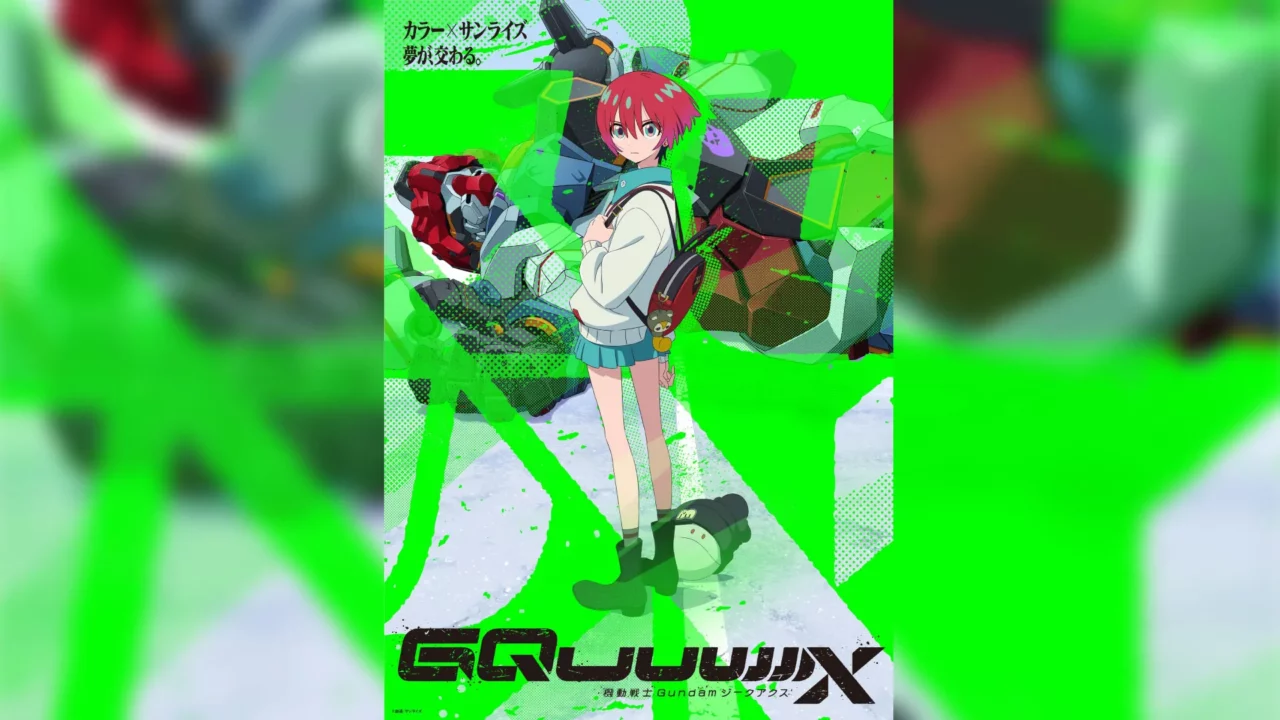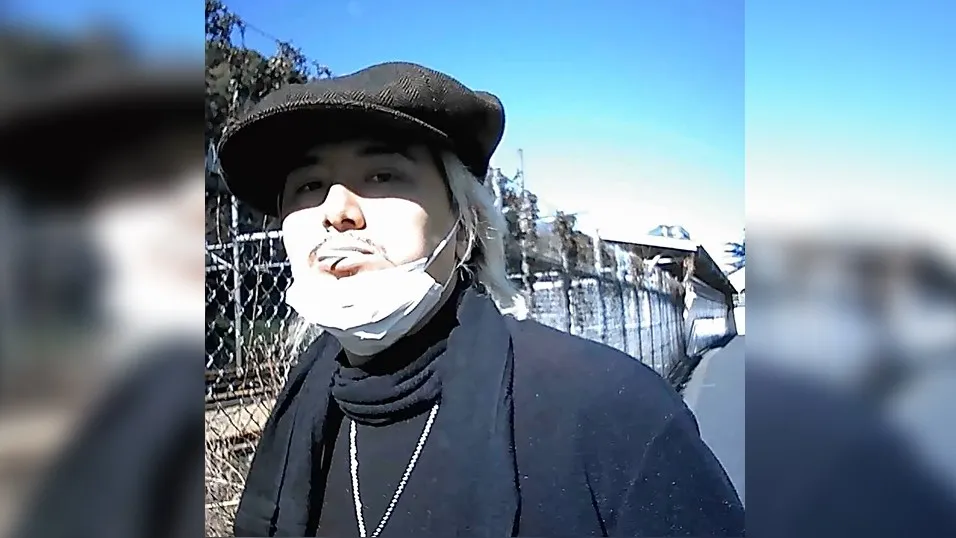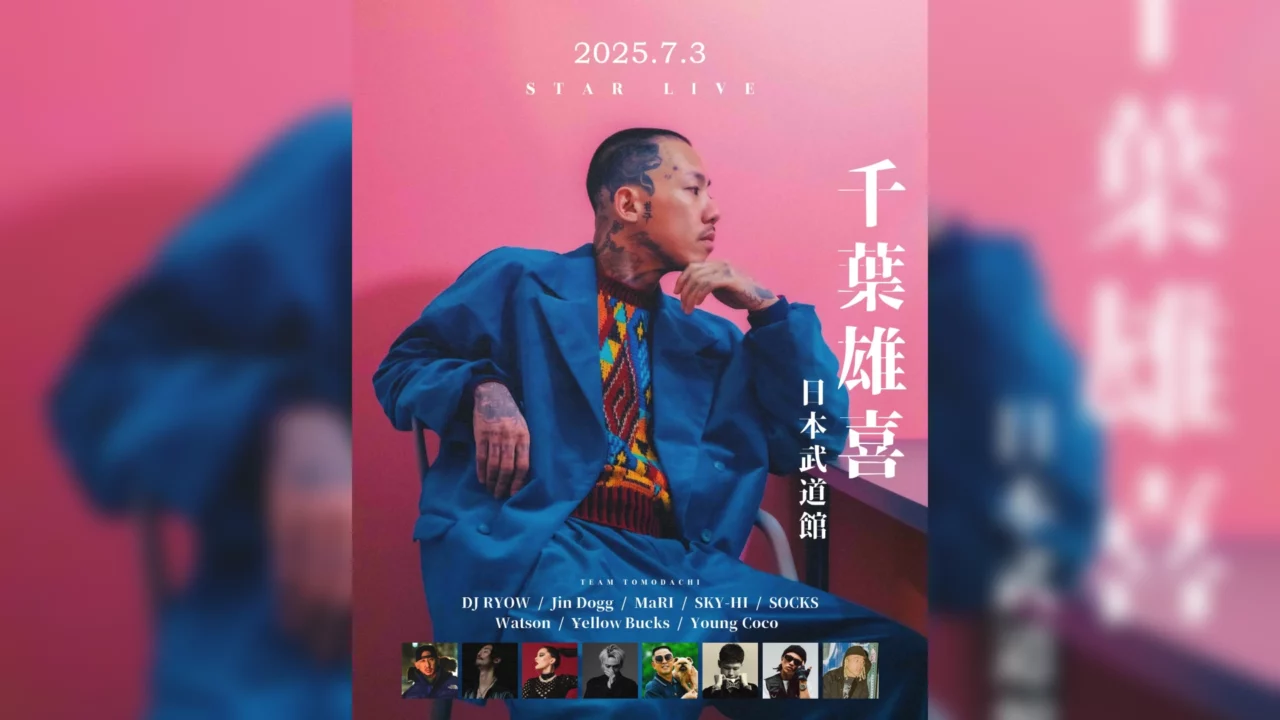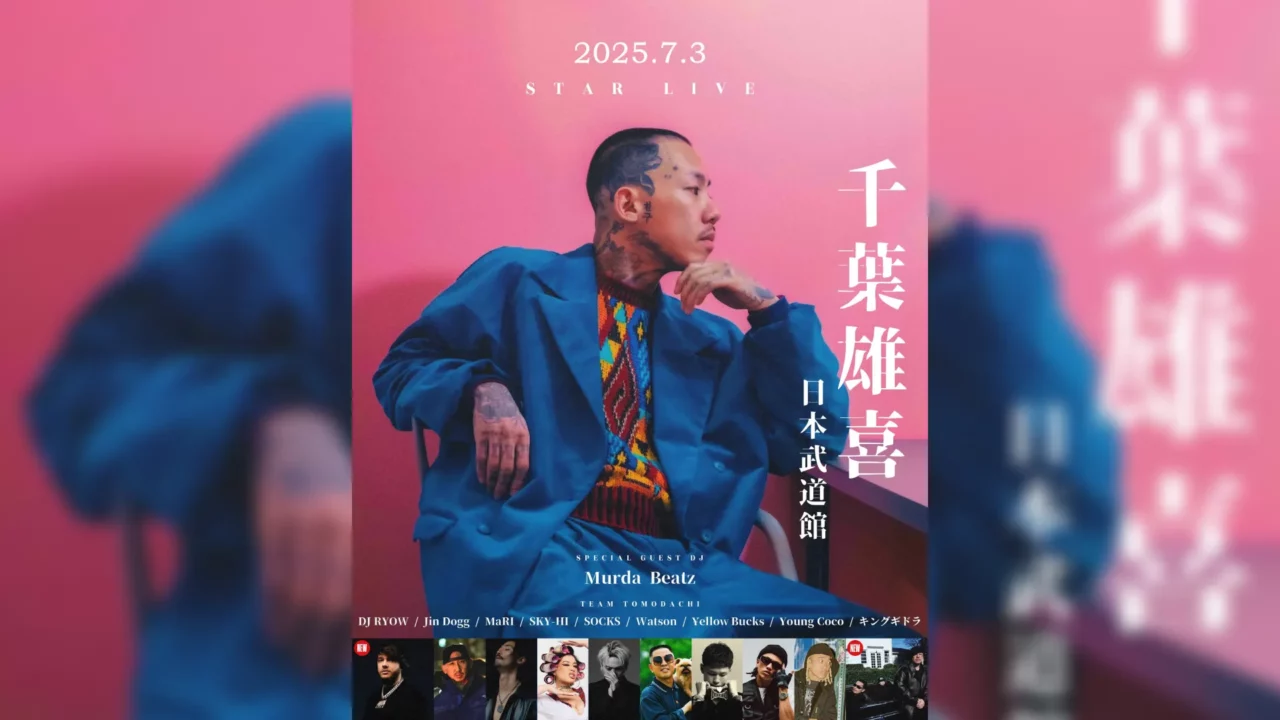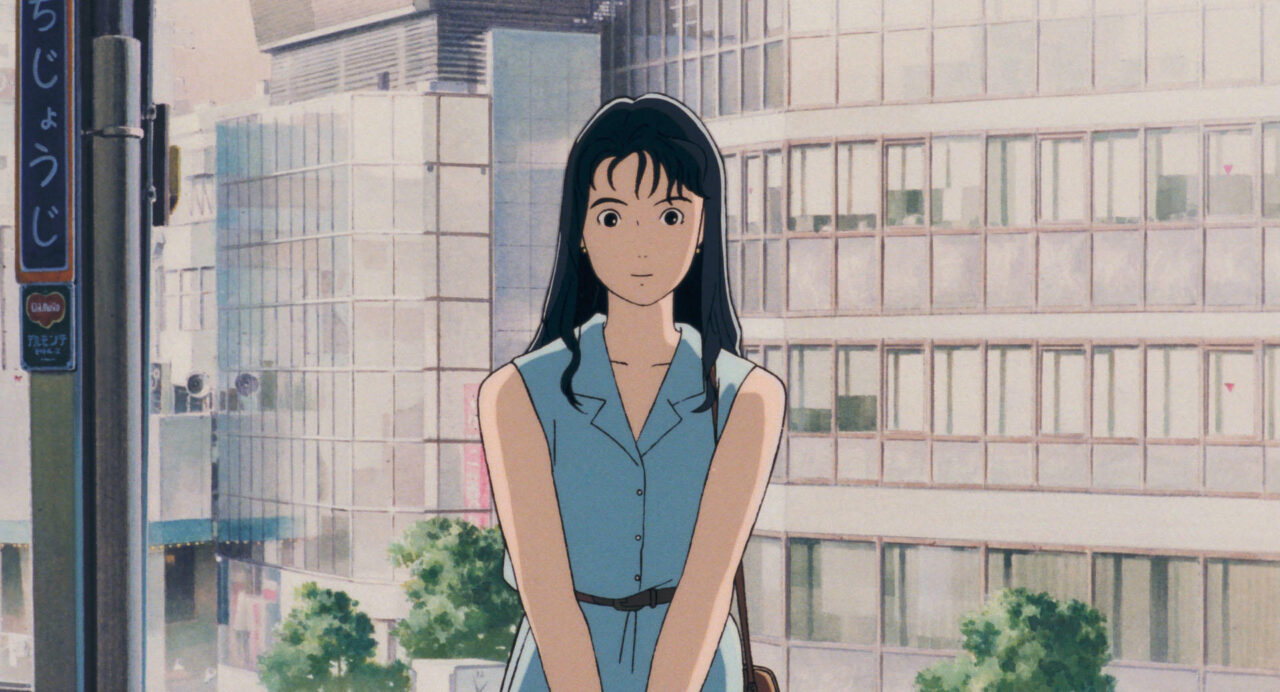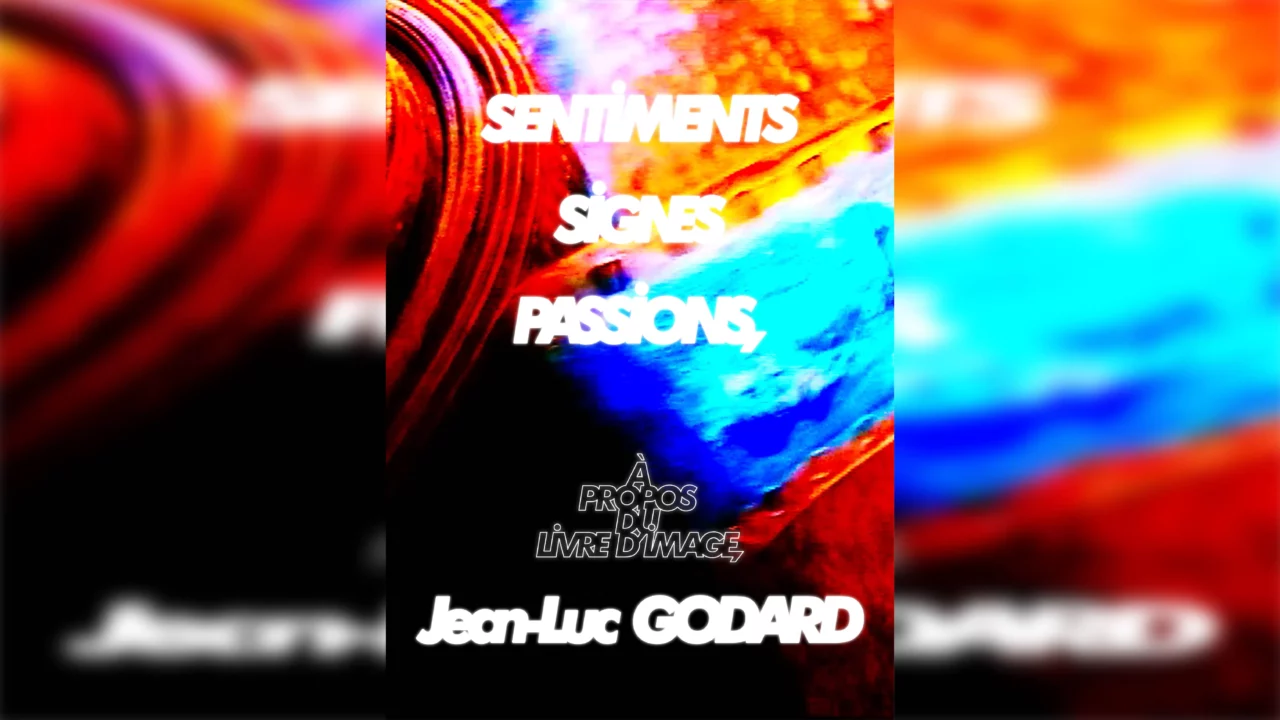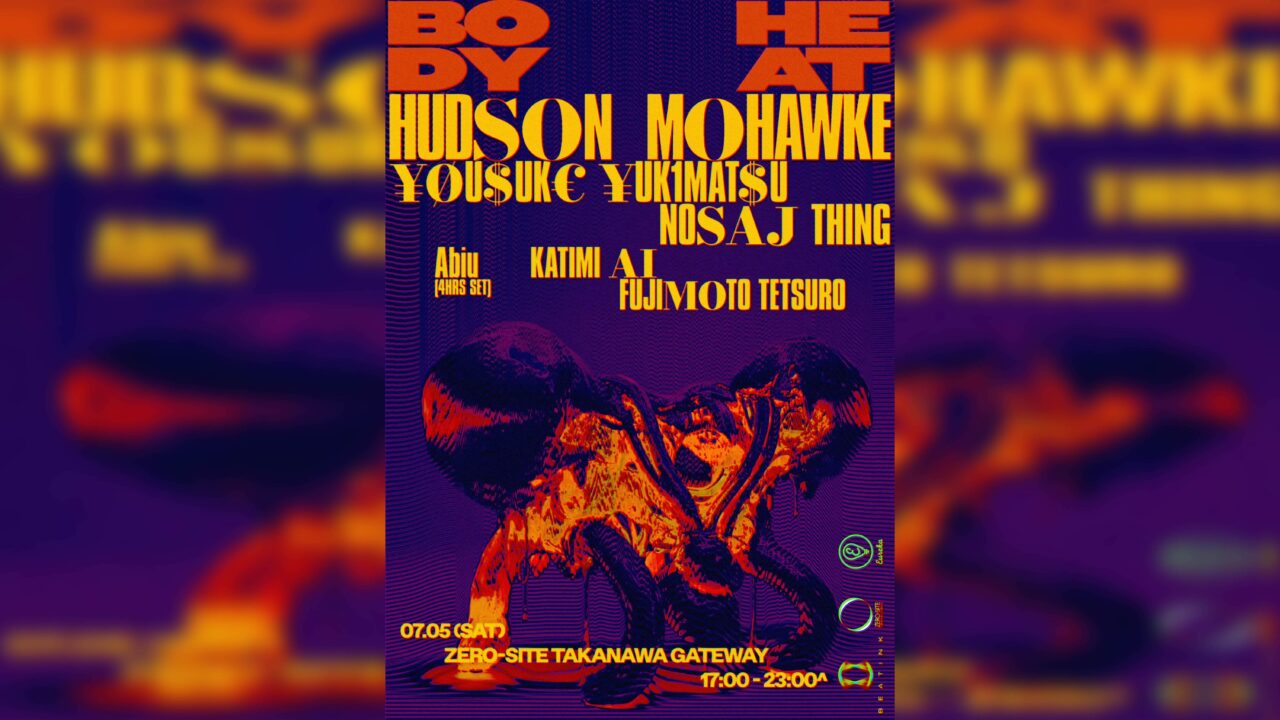Filmed and edited in a unique manner, “The Kingdom (or About the House)” captivates with its repetitive scene rehearsals, a departure from the conventional structure of dramatic films. Officially featured in the “Rotterdam International Film Festival 2019 Bright Future section” and “Yamagata International Documentary Film Festival 2019,” it earned recognition from “The Guardian (UK)” and the British Film Institute (BFI) as one of the year’s best.
Beyond its unconventional structure, the film delves into a disconcerting atmosphere within the dynamics of a couple raising a child and another woman. The actors’ performances draw attention to profound issues surrounding “family and the individual” and the complexities of long-term relationships.
We sat down with the film’s director, Natsuka Kusano, who shared insights into the project’s inception and the exploration of themes related to “family and the individual.”
Note: This article includes content related to the film’s themes. Reader discretion is advised.
INDEX
During the Planning Phase, My Intention was not to Craft a Film Strictly Rooted in Fiction
-What was the genesis of the project?
Kusano: When my previous feature film, “Antonym” (2014), was released at the Nagoya Cinematheque in 2015, I was talking with Yuji Hirano, the manager at the time, about the films I liked and the direction my production was going. Then he said, “I think you are suited for this grant. If you want, why don’t you submit it?” He introduced me to the grant from the Aichi Arts Center and Aichi Prefectural Museum of Art. So I submitted my project and the grant was approved, and I was able to shoot the film.
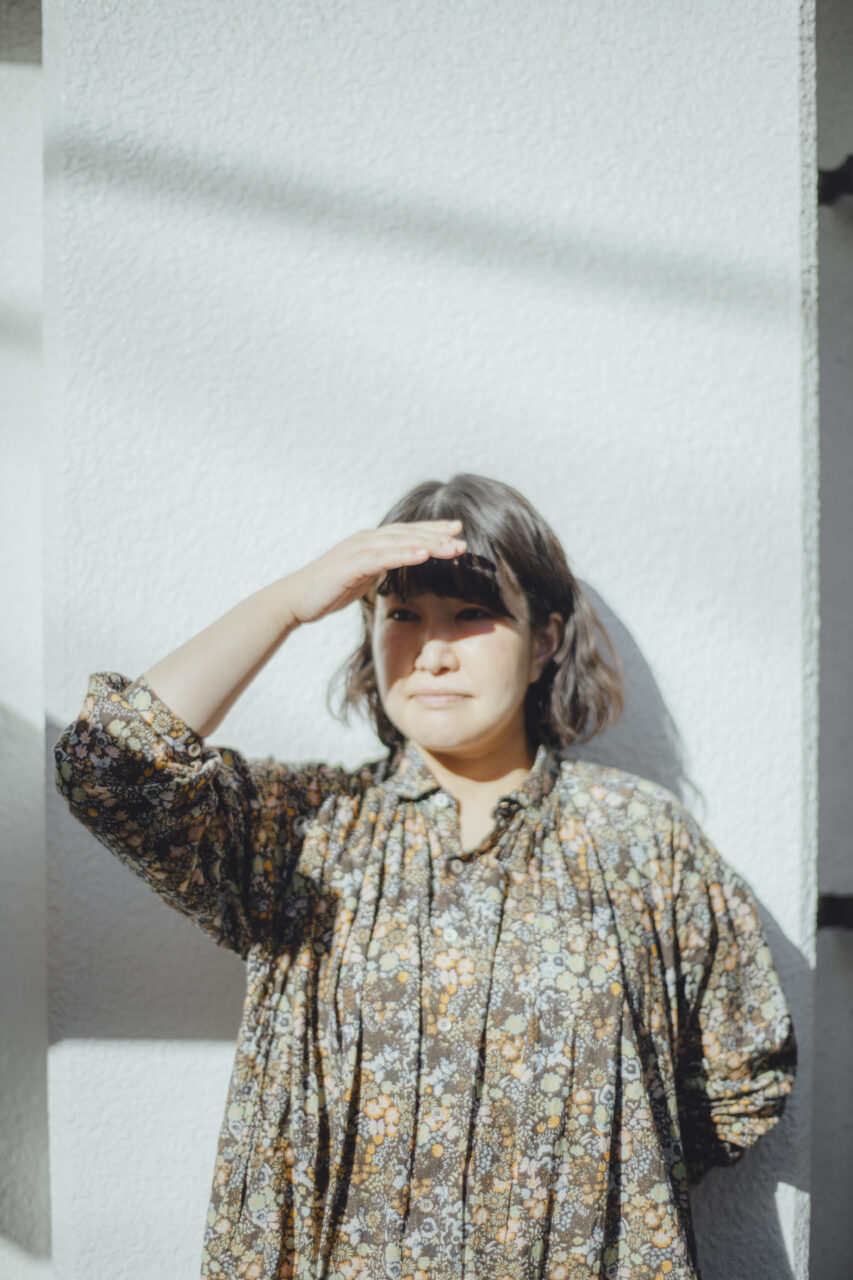
Born in 1985 in Kanagawa Prefecture. Filmmaker. Graduated from Tokai University, Department of Literature, Literature and Creative Writing, and completed the 12th Fiction Course at The Film School of Tokyo. 2014 “Spiral Galaxy” was her first feature film. His second feature film, “The Kingdom (or About That House)” (2018), was selected by the British Film Institute as one of the “Outstanding Japanese Films of Each Year, 1925-2019” in 2019.
-“Domains” takes a different approach from typical narrative films, showcasing a rehearsal process known as ‘Hon-yomi,’ where actors read and explore the script. Was this format of depicting the rehearsal stage with the script initially planned during the project’s conceptualization?”
Kusano: That is not the case. From the start of the project, we did not intend to make a purely fictional film. However, we decided to make the script as a fiction film. So I never thought of making a feature film based on this script, and I still don’t.
Synopsis: Aki, on leave from her job, goes home to her parents’ house for a few days and visits her childhood friend Nochika’s new house. She married Naoto, a senior at university, and had a baby, and lives in a new house she built near her parents’ house. The house is comfortably maintained in terms of temperature and humidity, and Aki feels as if she is isolated from the rest of the world. Nodoka’s daughter, Honoka, who was shy at first, grew fond of Aki as they played together, but Nodoka seemed to be very tired. A few days later, Aki returns to her home in Tokyo and writes a letter with a shocking message.
-So, this format of film was planned from the conceptualization stage.
Kusano: Most of it was, but when we submitted the proposal, we wanted to show the physical changes of the actors, so we planned to shoot a fictional scene without rehearsal at the very beginning, then rehearse for a few days, and shoot another fictional scene on the last day. However, we did not plan to include the entire rehearsal scene in the film. So it was supposed to be a short film with two fictional parts, but after some twists and turns, it ended up being a film mainly showing the rehearsal scene.
-Ultimately, the film primarily comprised rehearsal scenes. Did the script specify how often the same rehearsal scene would be repeated?
Kusano: Not at all. The script itself was really in the form of a fictional movie scenario.
-So, the plan was to deconstruct the script of a fictional film during the filming stage.
Kusano: Yes, that’s right. At first, we planned to rehearse all the scenes, but for several reasons, we realized that this was impossible. So we picked up a few scenes from the scenario, and when we realized that we could still understand the story, that was the moment when we realized the greatness of Tomoyoshi Takahashi’s composition of the script.
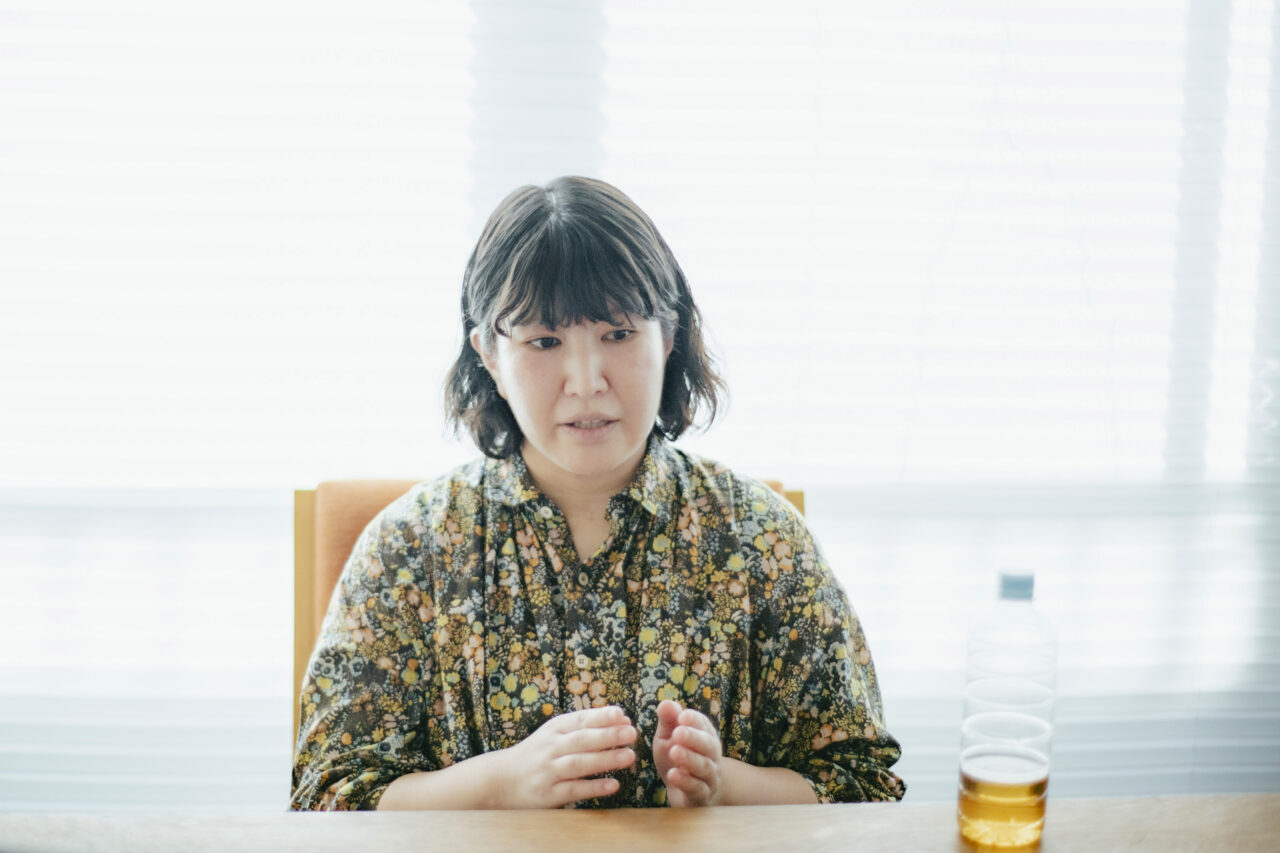
– How did you feel when you first received the first draft from Takahashi?
Kusano: It was too formal (laughs).
– Yes, it was too formal.
Kusano: Certainly, I found his approach to be very meticulous. He possesses a keen sense of structure and composition, and I distinctly recall being appreciative of the well-crafted work he had delivered. While my strength lies in crafting dialogue, I remember desiring collaboration with him to refine the lines. Despite this, I also recognized his exceptional compositional skills.
Takahashi and I previously collaborated on “Antonym,” during which we extensively worked together on the script. However, this time around, due to my other commitments, I simply presented him with an idea, stating, “Here is the proposal, feel free to write as you see fit,” and there was minimal back-and-forth. I’m truly thankful to Takahashi for crafting such a solid script, and our trusting relationship was rooted in the confidence I had in his ability to deliver exceptional work.





